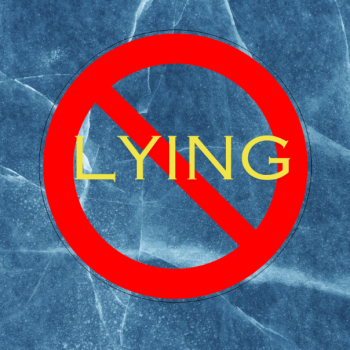As the Republicans leave Tampa and the Democrats prepare to gather in Charlotte, one dynamic is immediately clear in both parties: For the first time since Abraham Lincoln ran in 1860, no white Protestant will be on the ticket of either major party.
Mitt Romney, the newly minted Republican nominee for the White House, is a Mormon, though he clearly does not want to talk publicly about how his faith shapes his identity and personal values. Paul Ryan, his running mate, is a Catholic, a fact Romney made sure to mention in the vice presidential rollout ceremony. Indeed, Romney’s two closest rivals in the GOP presidential primaries were also Catholics: Newt Gingrich and Rick Santorum.
On the Democratic side, President Obama is an African-American Protestant despite the fetid conspiratorial screams that the president is a crypto-Muslim. Finally, Vice President Joe Biden, like Ryan, is an Irish-American Catholic.
Gone are the bad old days of 1928 when New York Gov. Alfred E. Smith, a Catholic, faced withering religious prejudice in his unsuccessful campaign against Herbert Hoover, a Quaker. In September 1960, the first and so far only Catholic president, John F. Kennedy, described his religious beliefs in a historic speech at a Greater Houston Ministerial Association meeting:
“I believe in an America that is officially neither Catholic, Protestant nor Jewish; where no public official either requests or accepts instructions on public policy from the pope, the National Council of Churches or any other ecclesiastical source; where no religious body seeks to impose its will directly or indirectly upon the general populace or the public acts of its officials; and where religious liberty is so indivisible that an act against one church is treated as an act against all.”
Read the rest here















